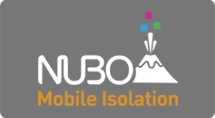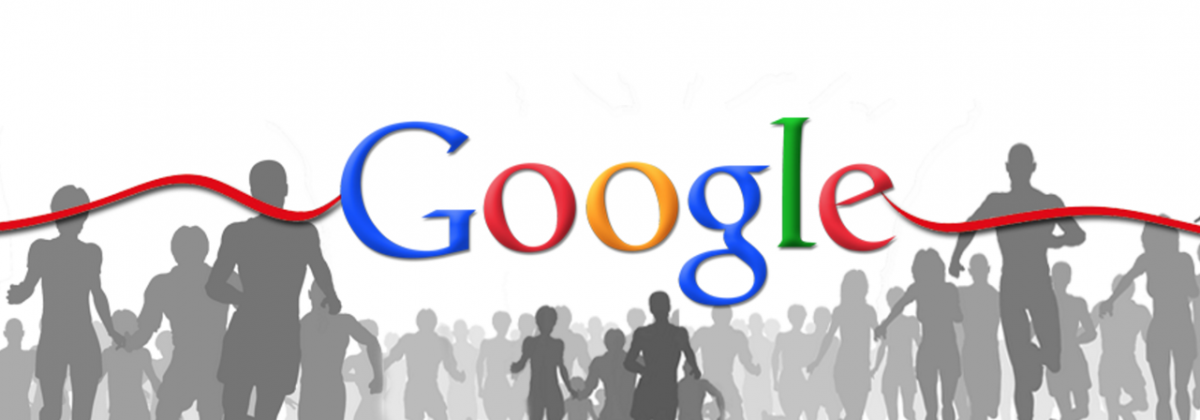Game over. Google is now the master of the consumer cloud. The knockout punch was the successful deployment of Google Drive. Barely two years old, Google Drive has revolutionized the consumer and small-business cloud beyond recognition.
The Dropbox Cloud
Dropbox was the first reigning champion of the consumer cloud. Launched in 2008, Dropbox was an incredible leap forward. Just this past November, Dropbox announced that it hit 200 million users. There will always be a need to store data files in the cloud, and Dropbox has a proven track record.
But Dropbox never took the consumer cloud to the next level. They never became a Software as a Service (SaaS); they remained a virtual drop box for most people, no matter what features they’ve recently added.
When I used Dropbox in my last job, I thought it was an advantage being able to use Microsoft Word in a shared environment, until two of us opened the same file at the same time and things got tricky. Even if Dropbox fixed this issue, it allowed tens of millions of people to check out Google Drive and see how things worked on the other side.
The Move To Google Drive
When I moved to Google Drive last summer, it was a bit of shock. I hadn’t used any word processor besides Word since WordPerfect in the 1980s. The Google Docs editor gets right to the point. It doesn’t pretend to be capable of servicing law firms and advertising agencies. To paraphrase the old Miller Lite commercial, Google Docs is everything you always wanted in an editor. And less.
My spreadsheet needs are even more basic than my document-editing needs, and Google Docs does it fine. I just don’t need 99 percent of Microsoft Excel’s features. Microsoft Office costs $69.99 to $99.99 for personal and family editions. With Google, $9.99 a month gets you 1 terabyte, and their SaaS software is free.
Every Road Leads To The Google Cloud
Every Gmail user is a potential Google consumer cloud user. Unless you live in a cave, you probably have a Gmail account. Gmail and every Google service are like items on display at a store window. In ancient times, every road led to Rome; in modern times, every online road leads to the Google cloud. Google offers too many free services to count, and they are all ways to hop onboard.
Eventually, Gmail might just woo you into other Google apps. I myself made the move from Dropbox to Google Drive. Sure, Dropbox uploads might be a little bit faster. But the appeal of having everything in the same ecosystem won out.
The GB Threshold For Cloud Moves
The more gigabytes of data you upload to the Google cloud, the higher your threshold for moving to another consumer cloud. That’s why Google recently raised the free limit from 5GB to 15GB. It’s one thing to re-upload 4GB of data to a competing cloud, and another to re-upload 15GB.
Think of the 20-minute form you fill out on a new social network. When you’re done, you can spend an evening uploading photos and filling out endless text boxes. When I read about “the next big social network,” I think of the time it will take me to migrate my life info to it, and I usually pass.
The Google marketing team knows exactly what they’re doing by giving away free cloud space. Expect them to raise it every so often. Like the Hotel California, you can check out any time you like, but you can never leave.
Game, Set, Match: Google
There will always be competitors to the Google consumer cloud, but it will be nearly impossible to beat it. An investor with a few hundred million dollars will have an easier time building a fleet of cruise ships to compete with Carnival and Royal Caribbean. If you thought it was dangerous for Google to control our Internet search habits, today Google owns our online lives. And they will for the foreseeable future.
This article was written on an Acer C720 Chromebook.










